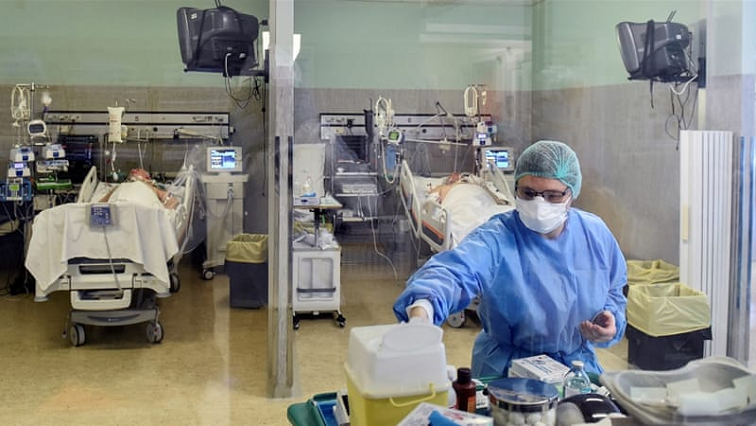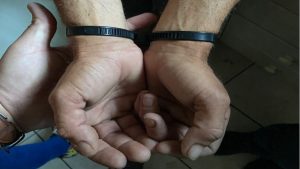The Eastern Cape Health Department says the ban on alcohol sales will help to ease the burden on health facilities. The province has also noted shortages of oxygen at health facilities in the province.
So far, the province has more than 52 000 coronavirus cases and more than 700 deaths. However, the recovery rate is 66%. The province says it has improved when it comes to contact tracing, screening and testing.
The Eastern Cape is in the eye of the coronavirus storm. Daily infections currently stand at around 2000.
The resumption of alcohol sales in June put an additional strain on the public health care system.
The Head of the Health Department, Dr. Thobile Mbengashe, says the reinstated ban on alcohol sales will ease the burden at public health facilities. “It is going to release a number of beds that would have been used by people with trauma and people that would have had accidents. That’s the number of beds we need to respond to people with COVID.”
However, liquor traders are not taking the alcohol ban lightly. They braved the cold and wet conditions and picketed outside the African National Congress’ Florence Matomela House.
They say they should have been informed well in advance on decisions that will impact their businesses. Chairperson of the Concerned Township Licenced Liquor Traders, Lunga Magxaka, says the ANC should help them fight for their livelihood.
“We want our government to have proper consultation before they take a decision; we have a liquor board here. People bought a lot of liquor on Thursday to sell on Monday. What are we going to do with that liquor? That’s the challenge.”
Effect on alcoholics
Organisations that deal with alcohol-related problems have warned that the ban may have negative consequences for alcoholics.
Head of addiction treatment at Crossroads Recovery Centre, Taku Mhonyera, says the abrupt withdrawal of alcohol could result in a loss of consciousness or seizures for those who are addicted to it. Mhonyera argues that people will be resourceful and make their alcohol which could be fatal.
“People are going to go to the black market. So, the fact is that there is still a lot of alcohol sitting on some shelves and now there is an incentive because of the profit to move those drinks. So the black market goes in and some people will try to make some things with pineapple and all that; and yes there is a danger because you don’t know what exactly is in there. You don’t know what the percentage is; and some people might get blind or get some type of poisoning because they are trying to make a substitution by themselves.”
Shortage of oxygen
Meanwhile, Dr. Mbengashe says the shortage of oxygen in public hospitals is also receiving attention.
“We have made a decision that all beds that cater for COVID-19, those beds must have oxygen, so we have a huge programe we call ‘oxygen reticulation and setting up bulk oxygen’ to make sure there is enough oxygen in the ward that is managing COVID-19 patients.”
The province has also seen over 2000 health care workers become infected. More than 1000 social workers have been called in to offer psychosocial support to affected families.
Below are the latest COVID-19 stats in South Africa:

Loading…






